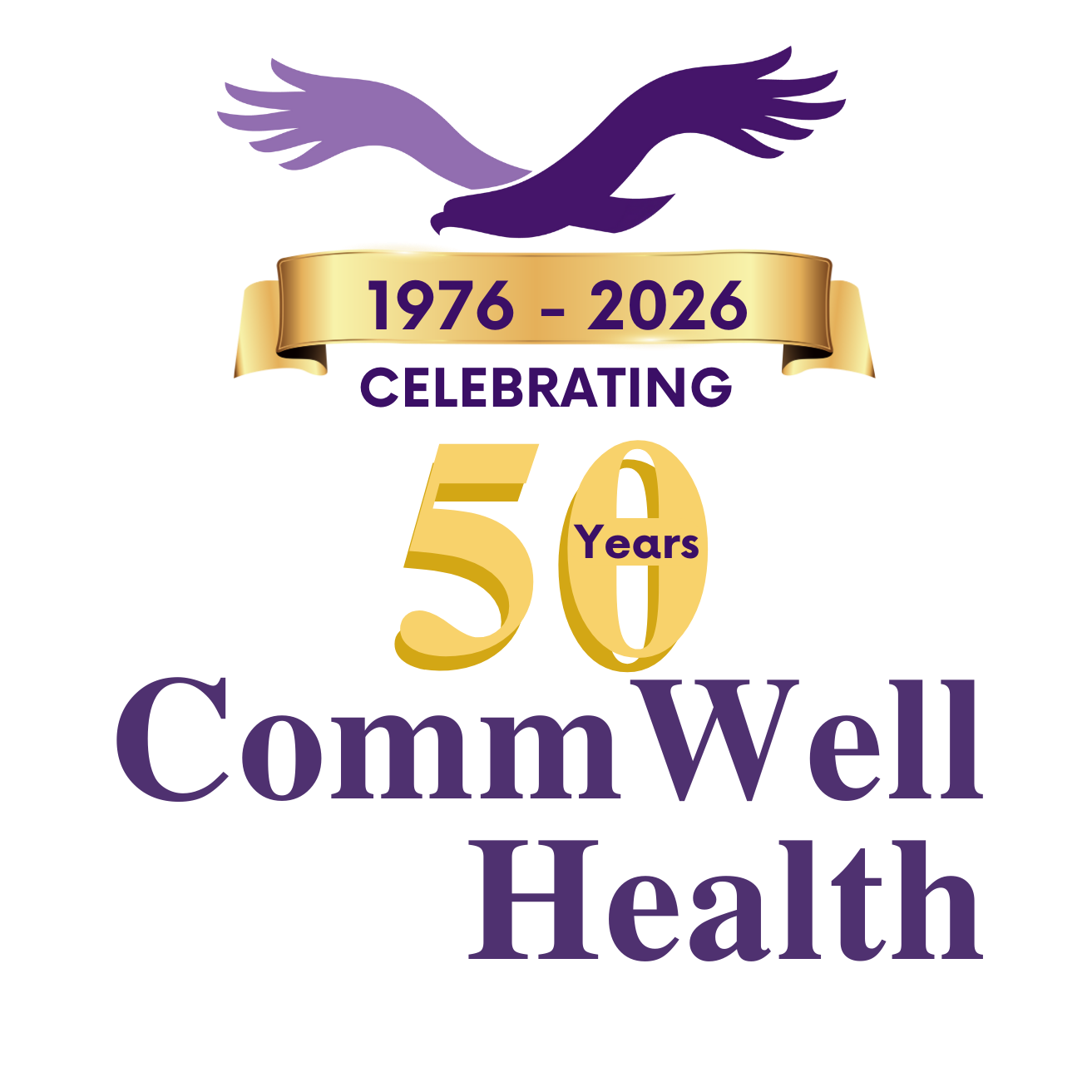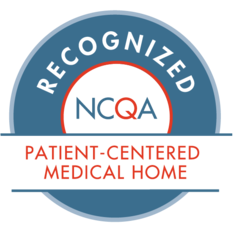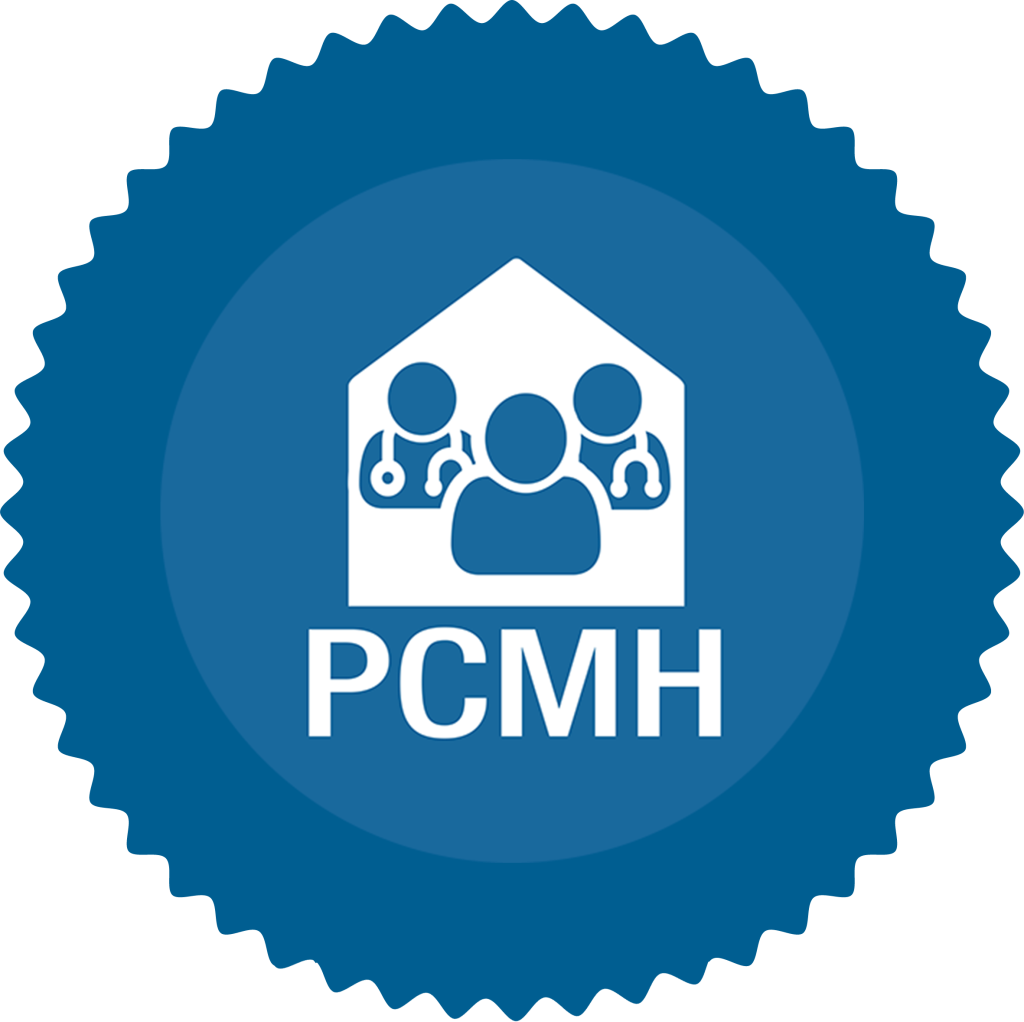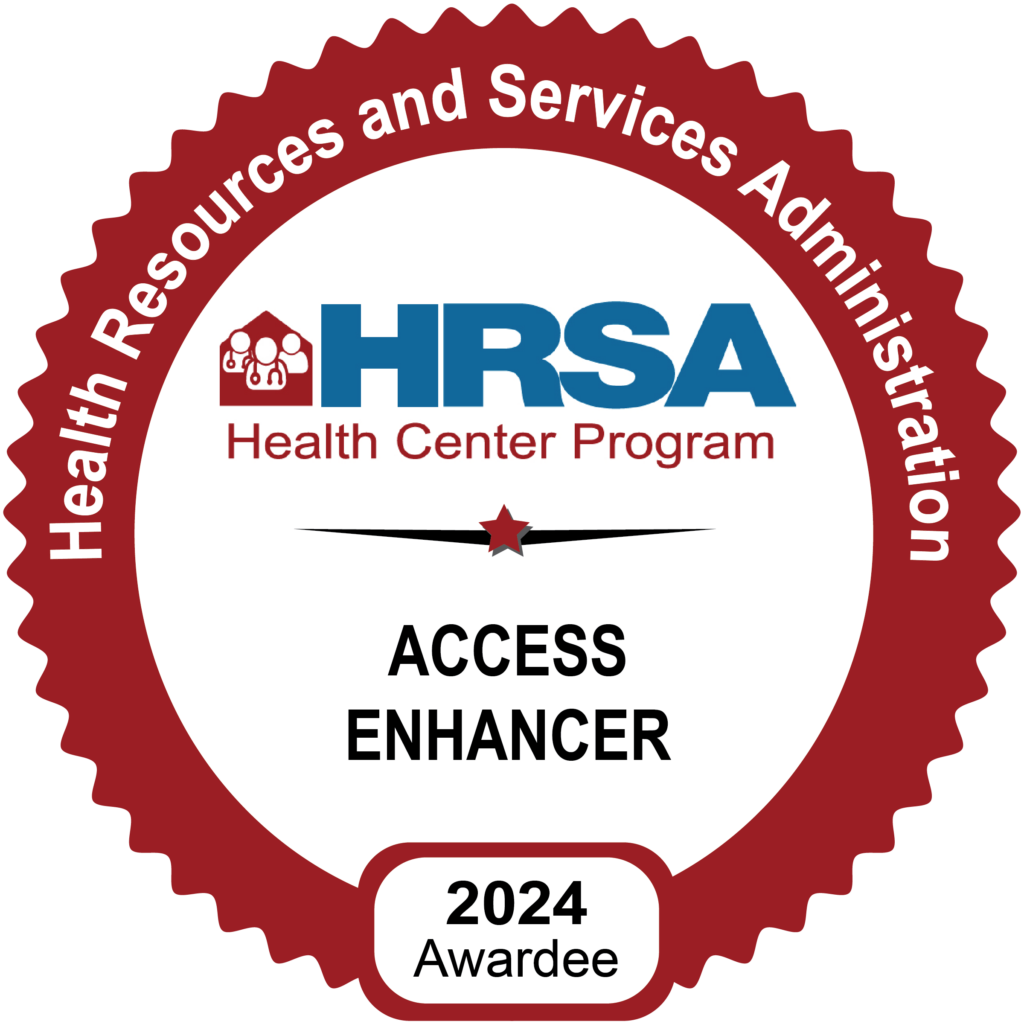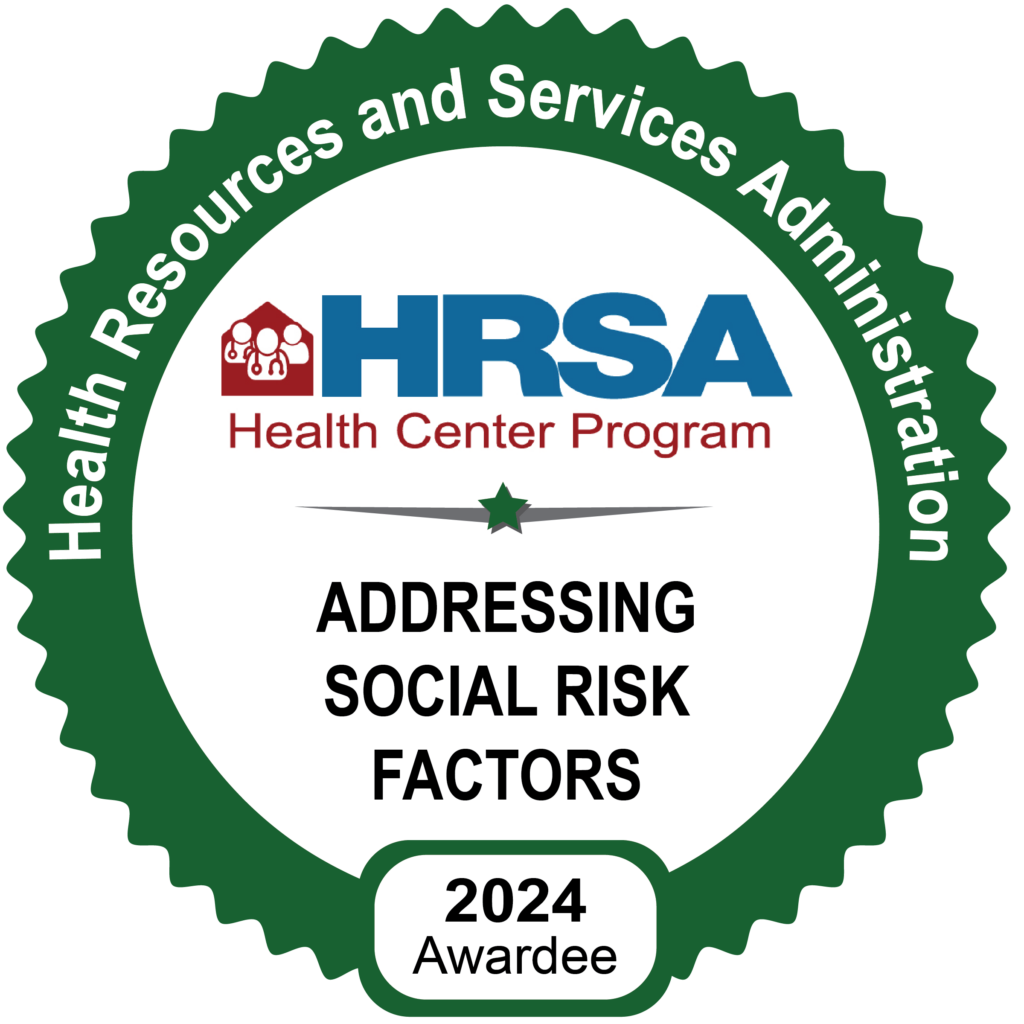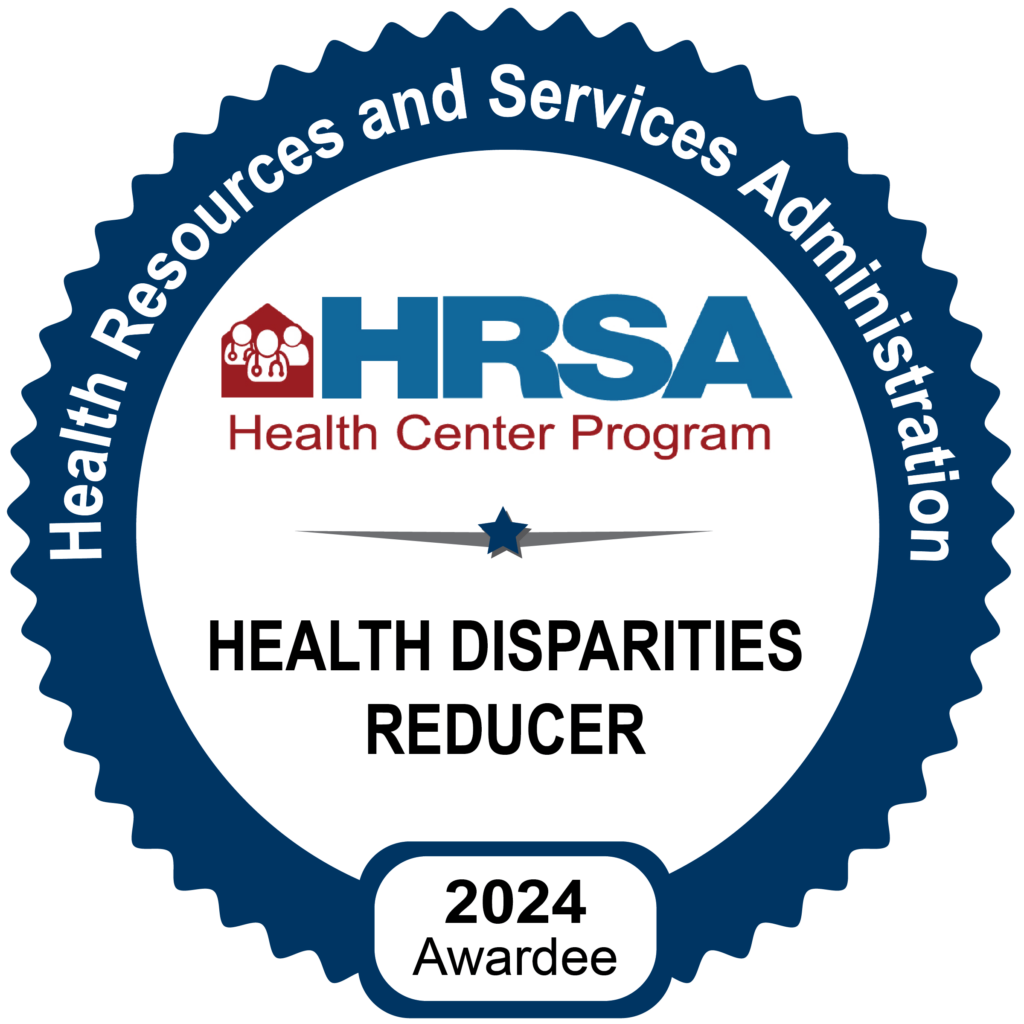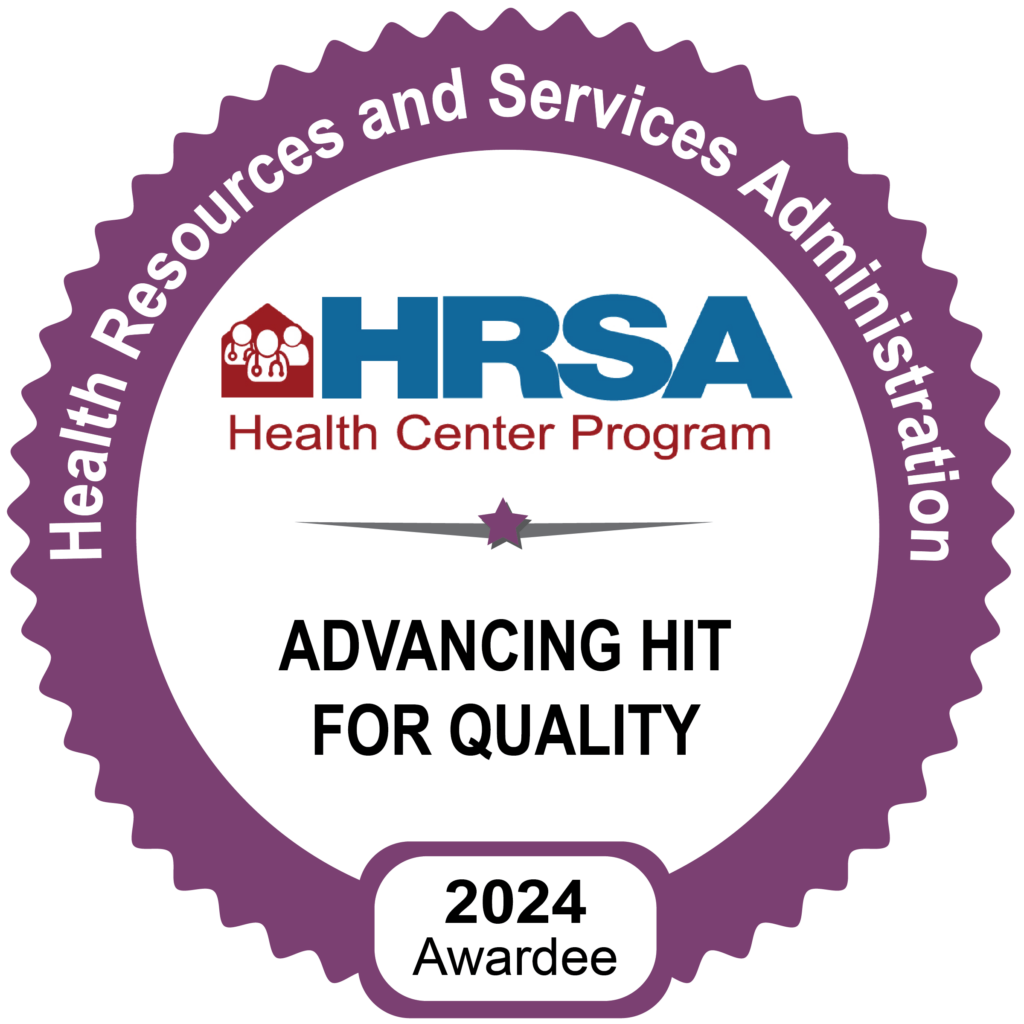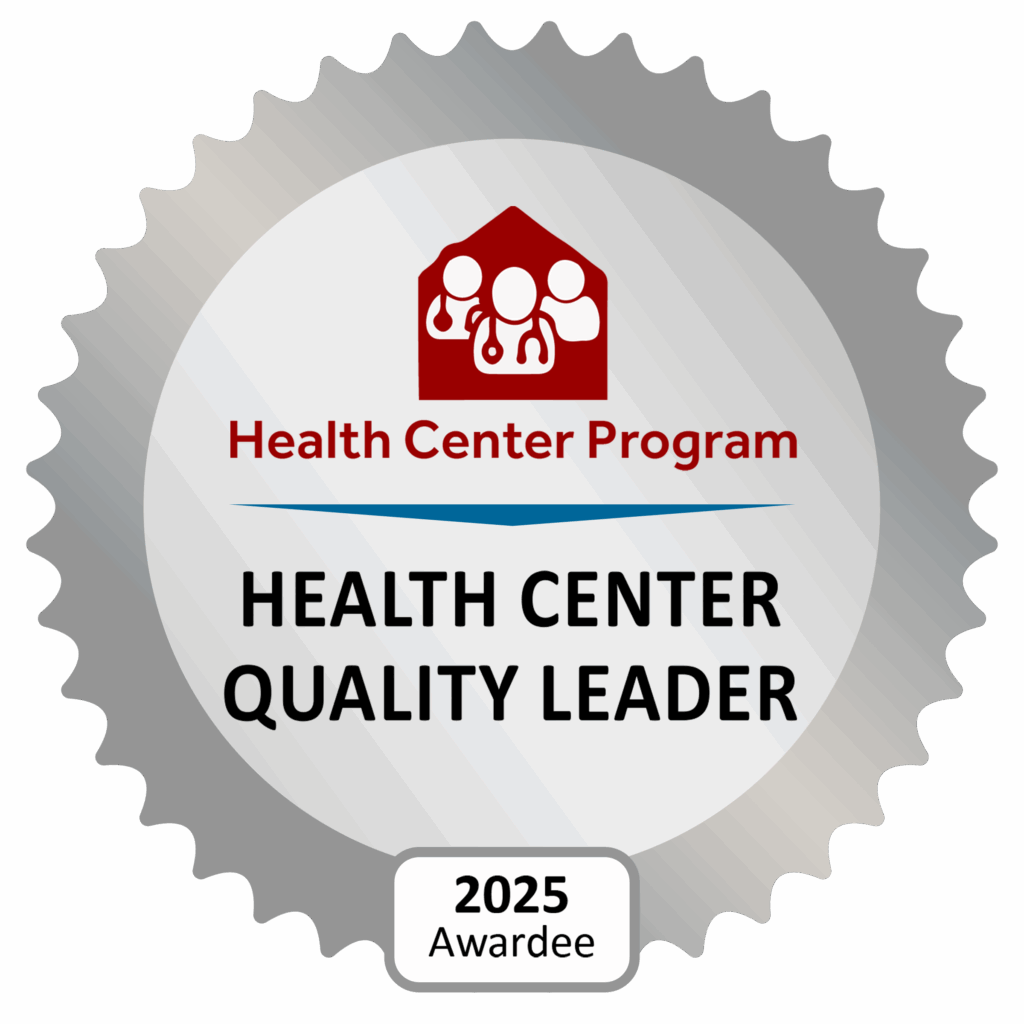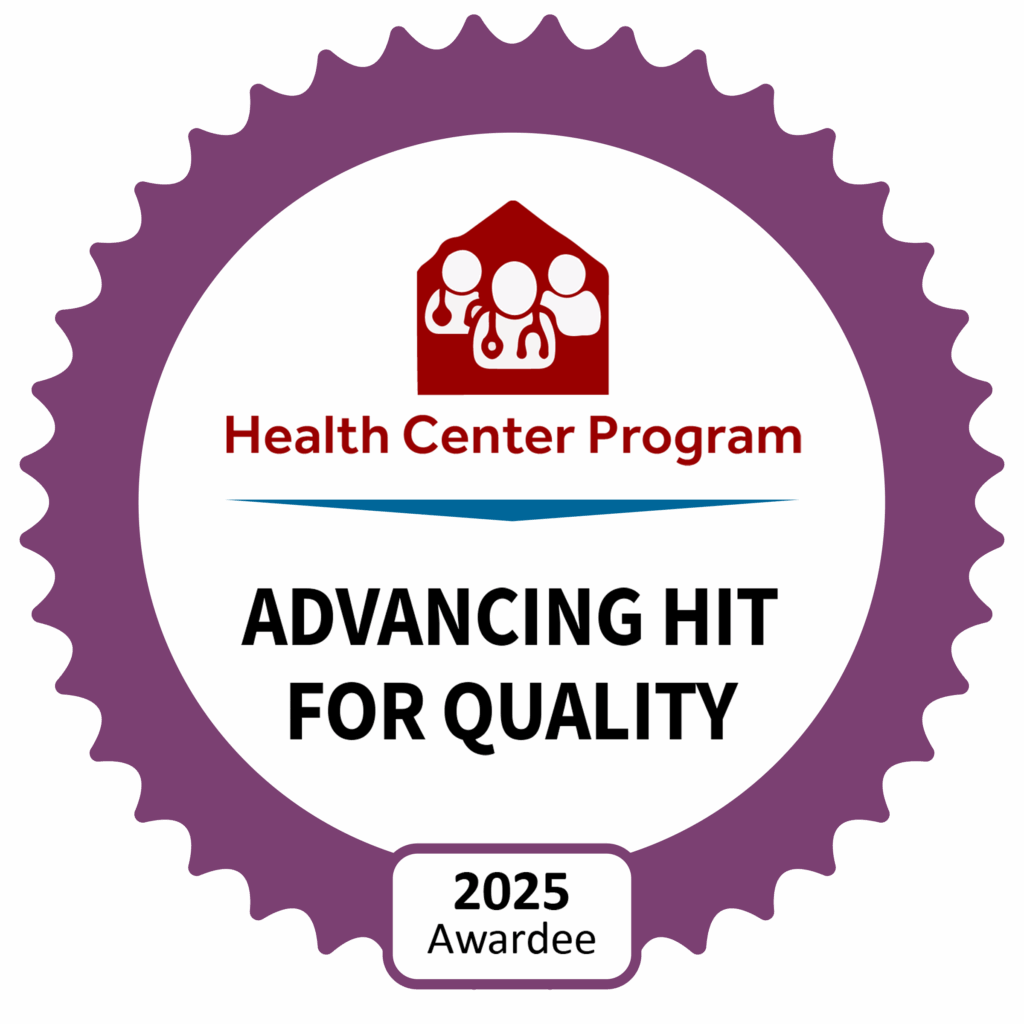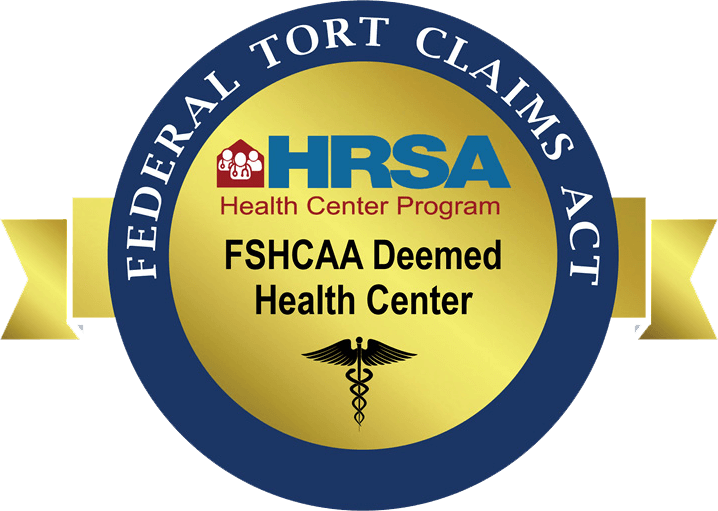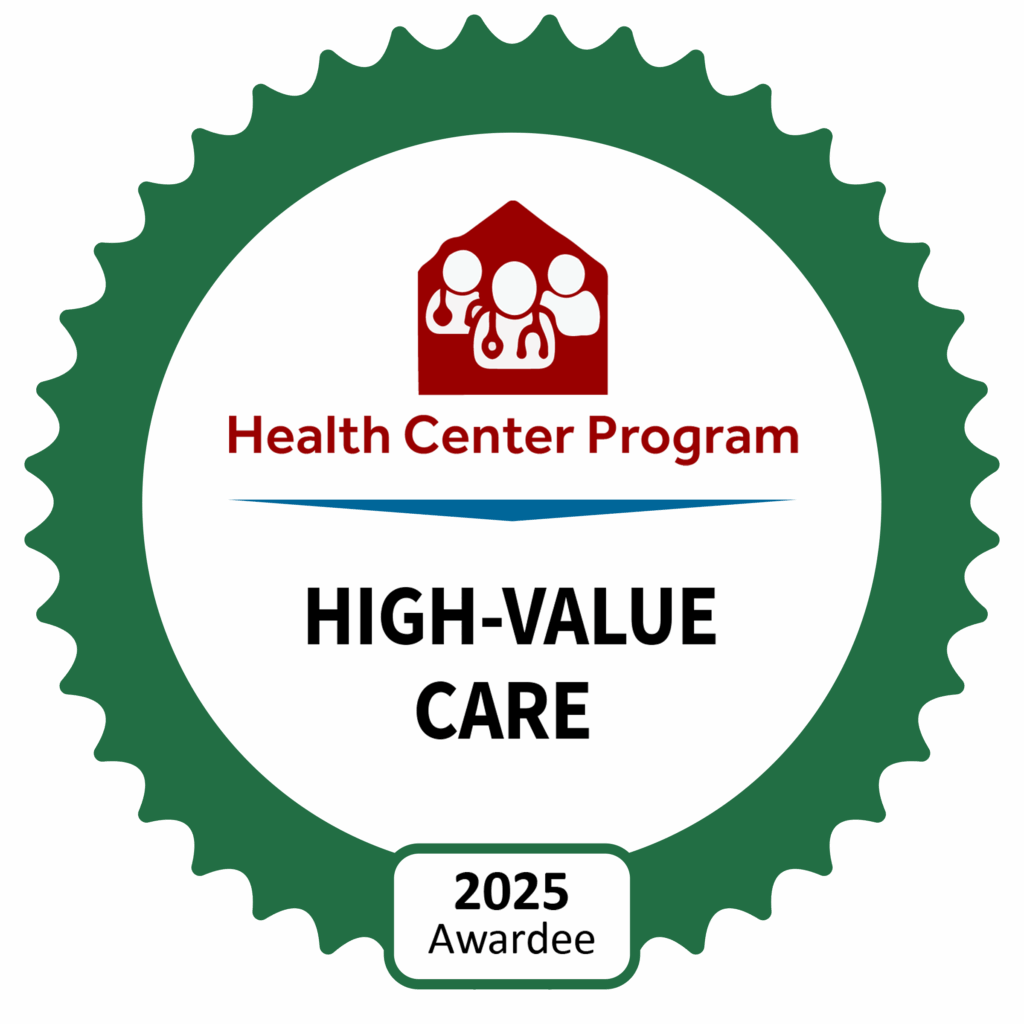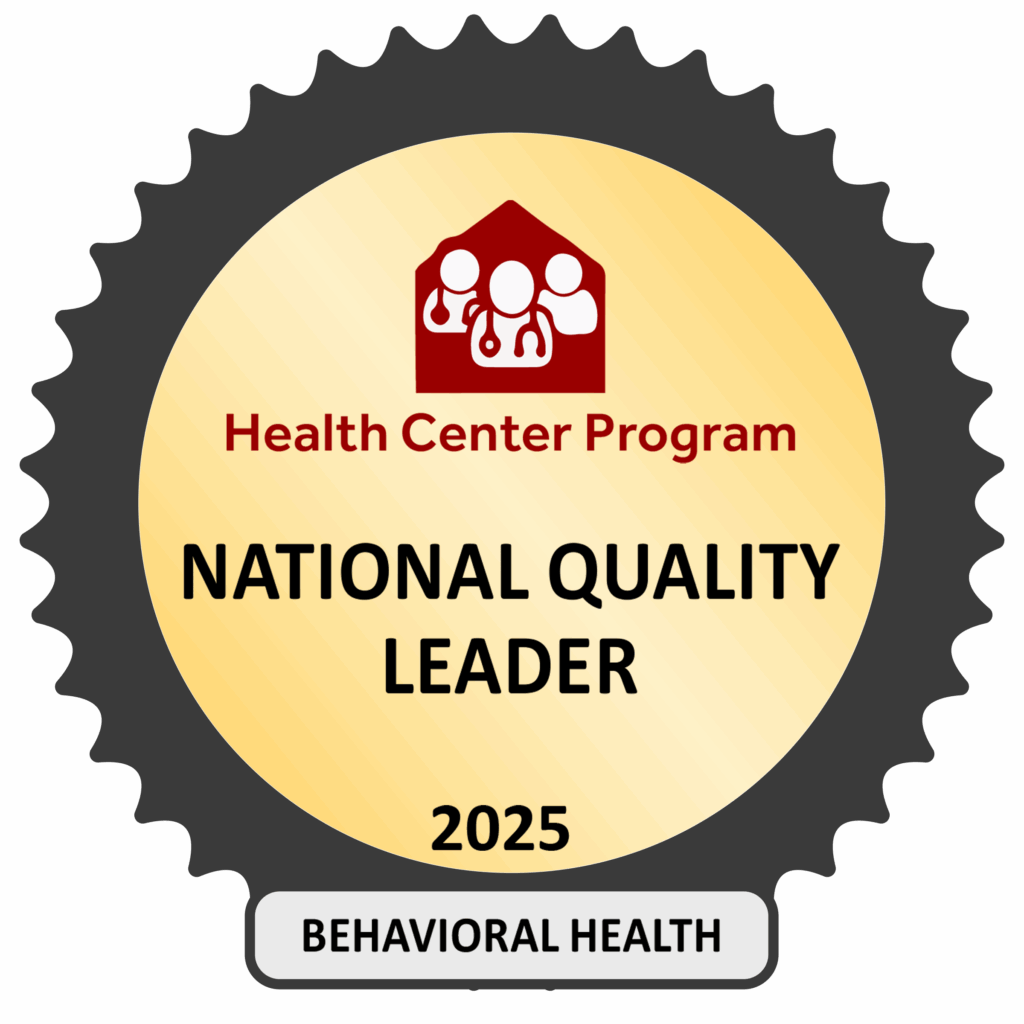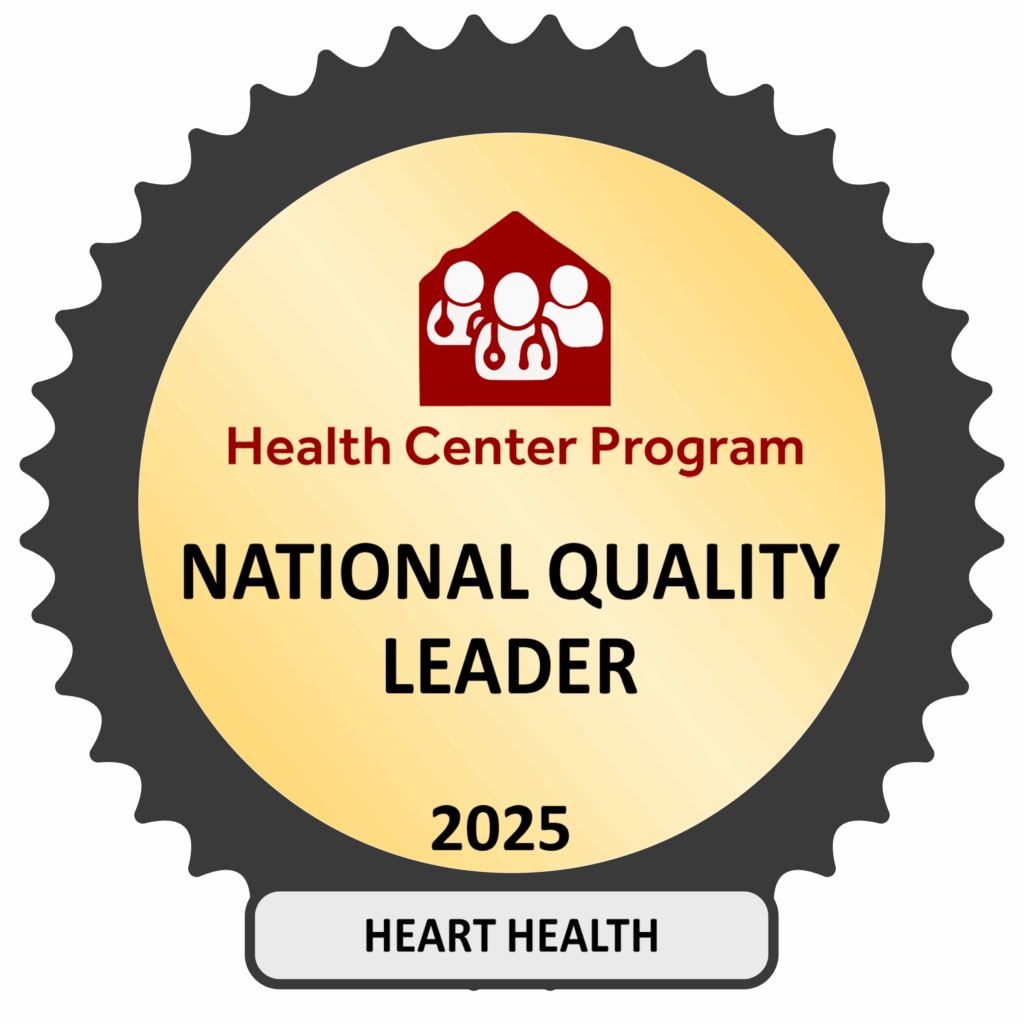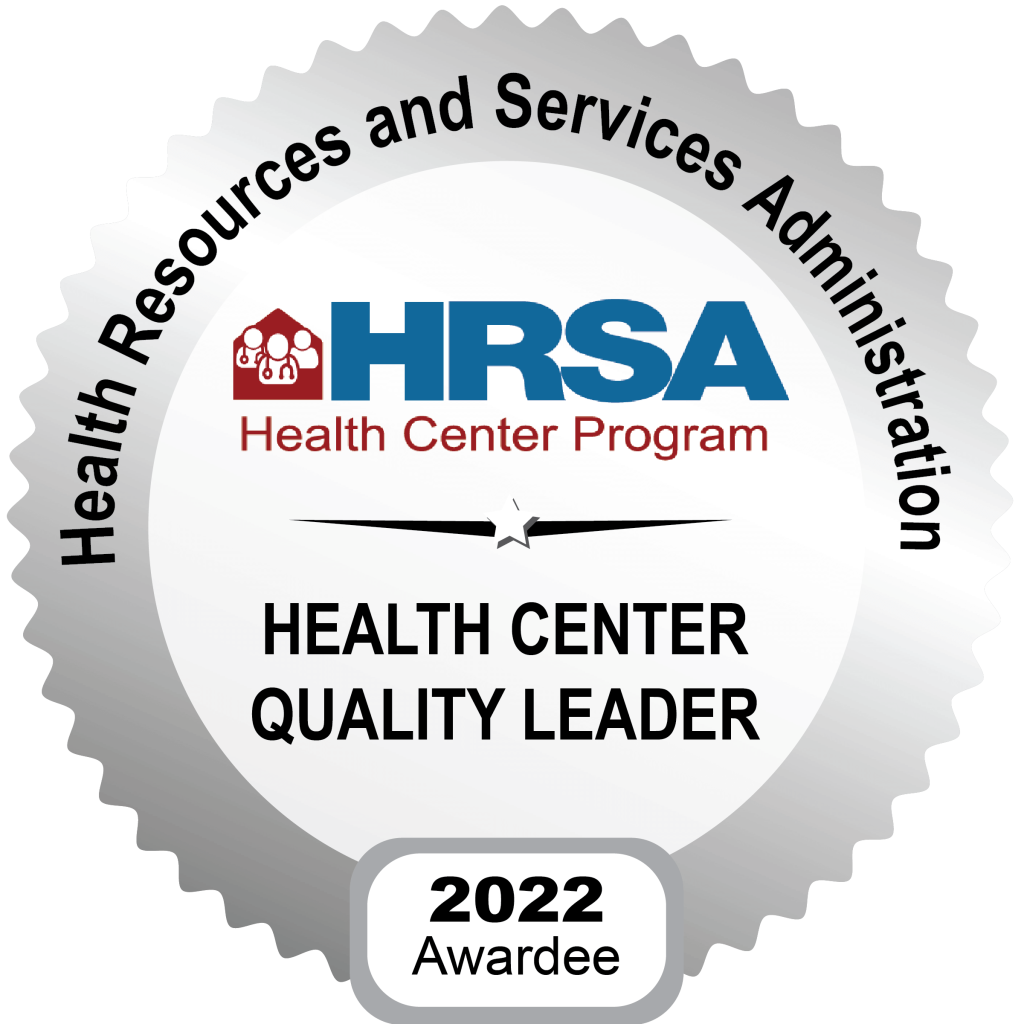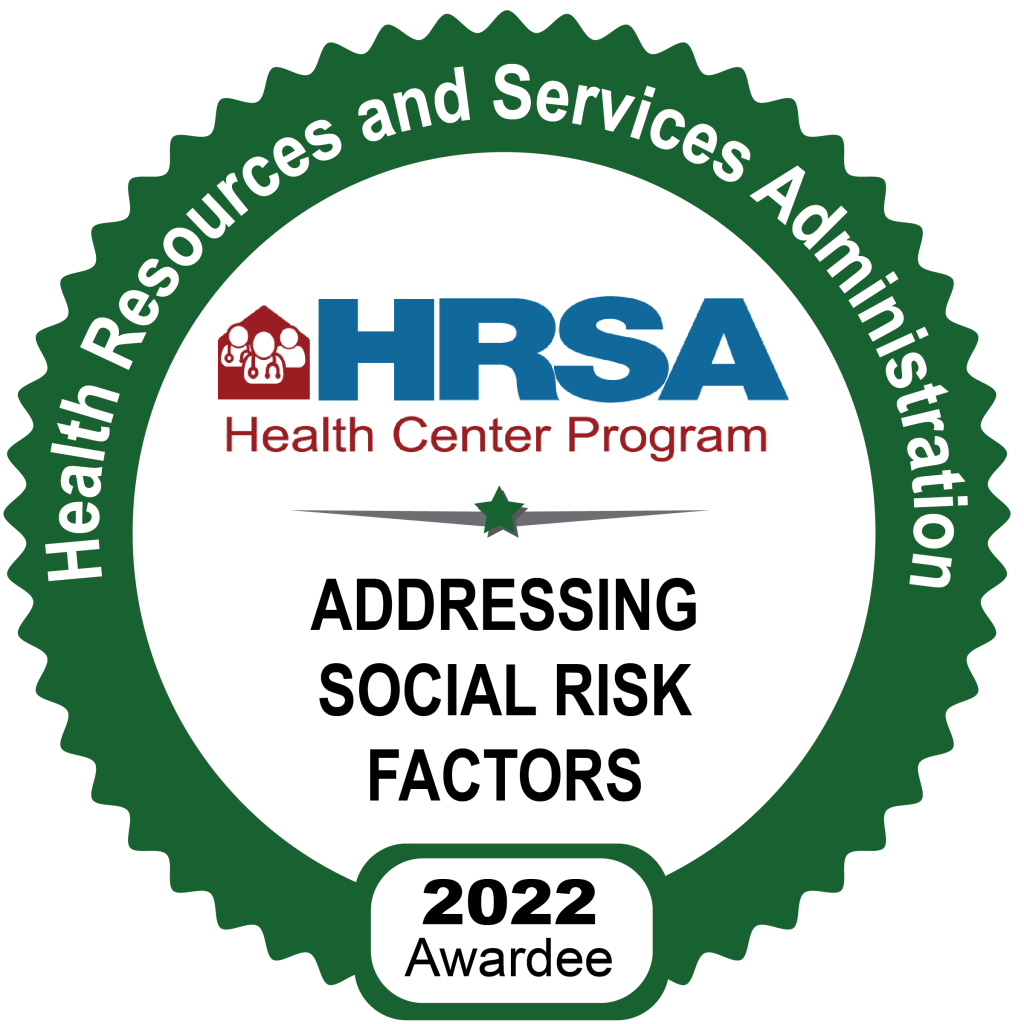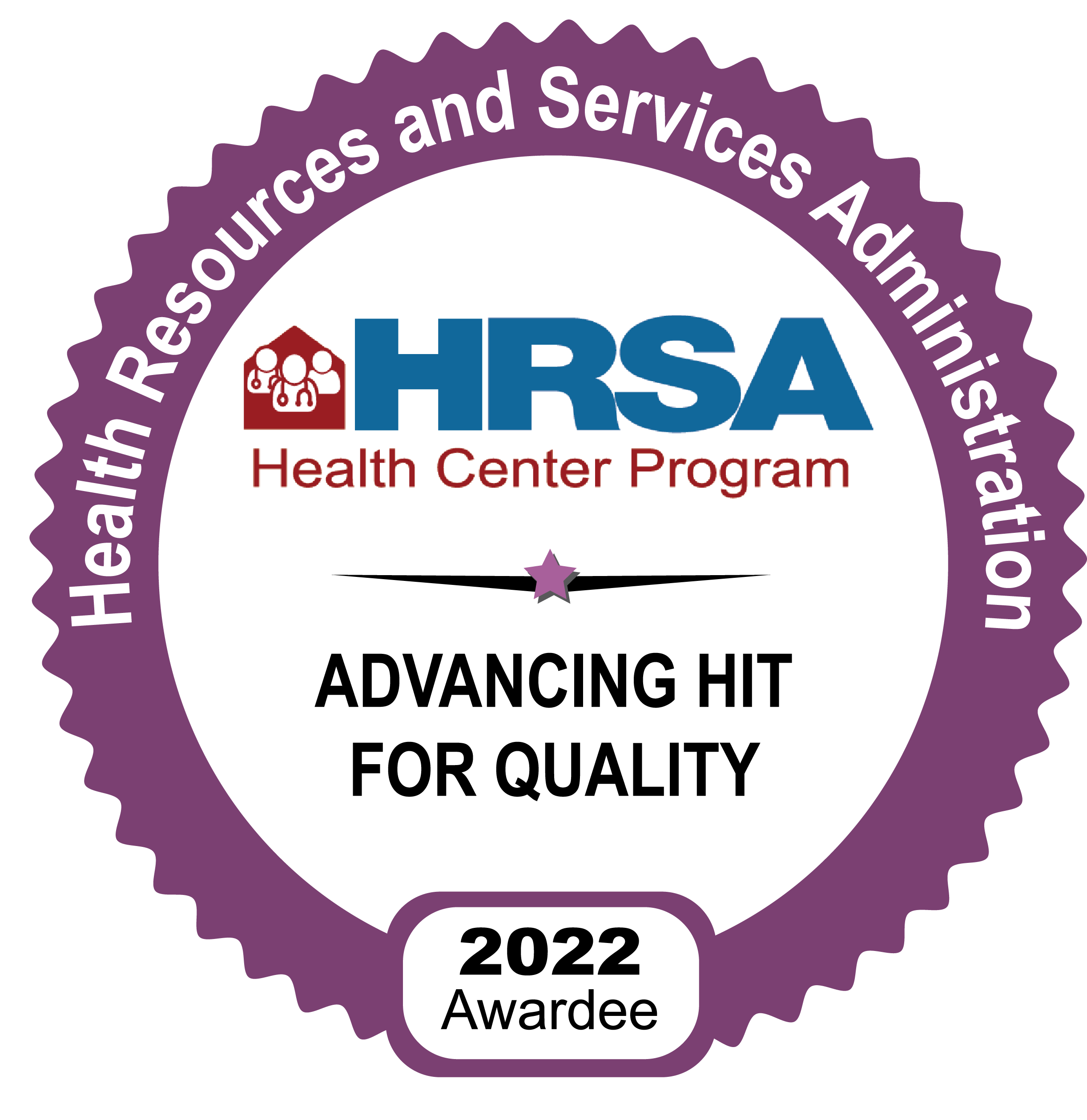What is Public Charge?
Some people who apply for a green card (lawful permanent resident status) or a visa to enter the U.S. must pass a “public charge” test – which looks at whether the person is likely to depend primarily on government services in the future. Immigration officials look at all of a person’s circumstances, including their age, income, health, education or skills, family situation, and their sponsor’s affidavit of support or contract.
What benefit programs can I use without concern?
Under the new public charge rule in 2021, using the following government programs will NOT affect your immigration status or your immigration application. You and your children and family members may use them without concern if you are eligible.
- Medicaid*, ACA, NC Health Choice (children’s health insurance), free or sliding-scale clinics, and all other health care (*Except for long-term institutional care (living in hospital at government expense)
- Pandemic-related one-time financial assistance. This includes NC HOPE and local rental programs in Wake, Durham, Forsyth, Guilford, Orange, and Mecklenburg counties, among others.
- COVID testing, treatment, and vaccines
- WIC
- SNAP (food stamps)
- Public Housing
- Earned Income Tax Credit (EITC) and child tax credits
- Free or reduced-price school lunches and P-EBT
- Stimulus checks from the IRS
- Food banks or shelters
- And any other benefits that are not listed in the section below…
Are there any benefit programs I should be concerned about using?
The only public benefits that are considered negatively in the public charge test are listed below:
- Cash assistance programs that provide ongoing payments. In North Carolina, those programs would include SSI (payments for disabled persons) and TANF (monthly cash assistance)
- Long-term institutional care at government expense
Immigration generally only considers these programs negatively if you (the immigrant who wants to apply for status in the future) are using them for yourself. If your children or other family members in your household are using them, they are only considered negatively if those benefits are the *only source of income* for the entire household.
![]() Access the English Public Charge Here
Access the English Public Charge Here
FOR MORE INFORMATION:
• Charlotte and surrounding counties: (704) 376-1600
• Eastern North Carolina, Triangle and Triad: (919) 856-2162
• Western North Carolina: (828) 253-0406
Videos explaining the updated public charge rule are also available in English and Spanish at www.ncjustice.org/public-charge.
Durante los últimos años, la regla “carga pública” ha cambiado varias veces, y algunas familias quedan confundidas sobre qué quiere decir para ellos. La regla cambió de nuevo en marzo del 2021, así que ahora es más fácil para muchas familias ser aprobadas bajo la evaluación de la carga pública. ¡Lea este folleto para obtener la información más reciente sobre la carga pública!
¿Cuáles programas de beneficios puedo usar sin preocupación?
Bajo la nueva regla de carga pública en 2021, el uso los siguientes programas gubernamentales NO afectará su estado migratorio ni su trámite migratorio de NINGUNA manera. Usted y sus hijos o familiares pueden usar estos programas sin preocupación si sean elegibles:
- Medicaid,* ACA/Obamacare, NC Health Choice (seguro médico para niños), clínicas gratuitas o de bajo costo, y todo otro tipo de cuidado médico *Con excepción de la atención institucional prolongada (vivir en el hospital de largo plazo a cargo del gobierno)
- Ayuda financiera única relacionada con la pandemia, incluyendo ayuda para pagar la renta *Esto incluye el programa “NC HOPE” y otros programas locales que ayudan con pago de la renta en los condados de Wake, Durham, Forsyth, Guilford, Orange, y Mecklenburg, entre otros.
- Pruebas, tratamiento y vacunas para el COVID
- WIC
- SNAP (estampillas de comida)
- Vivienda Pública
- Crédito Tributario por Ingresos del Trabajo (EITC) y los créditos fiscales por hijo
- Almuerzos escolares gratuitos o de precio reducido, y el programa “P-EBT”
- Cheques de estímulo del IRS
- Bancos de alimentos o refugios
- Y cualquier otro beneficio que no se enumere en la siguiente sección…
¿Hay algún programa de beneficios que debo estar preocupado por el uso?
Los únicos beneficios públicos que se consideran de manera negativa en la prueba de carga pública se indican a continuación:
- Programas de asistencia en efectivo que proporcionan pagos en curso (pagos regulares)
- En Carolina del Norte, estos programas incluirían “SSI” (pagos para personas discapacitadas), y “TANF” (pagos mensuales en efectivo)
- Atención institucional prolongada a cargo del gobierno
El Servicio de Inmigración generalmente sólo considera estos programas de manera negativa si Usted (el inmigrante que quiere solicitar una residencia en el futuro) usa los programas por si mismo. Si sus hijos u otros miembros de su hogar usan estos beneficios, sólo se considera de manera negativa si esos beneficios son la única fuente de ingresos para todo el hogar.
 Clic Aqui para el Folleto de La Carga Public Aqui
Clic Aqui para el Folleto de La Carga Public Aqui
PARA MÁS INFORMACIÓN:
• Charlotte y los condados cercanos: (704) 376-1600
• El este de Carolina del Norte, Triángulo, y la Triada: (919) 856-2162
• El oeste de Carolina del Norte: (828) 253-0406
(Se habla español, e intérpretes están disponibles en varios idiomas)
